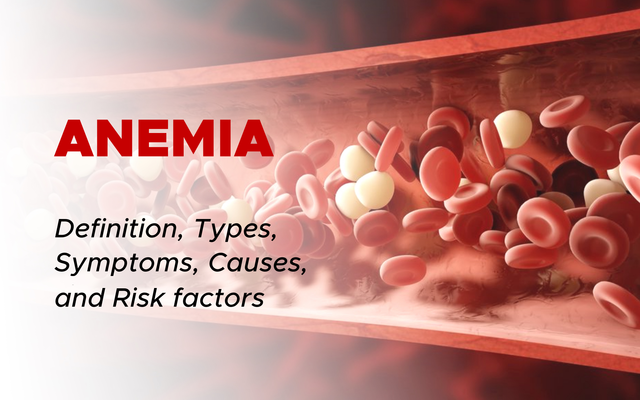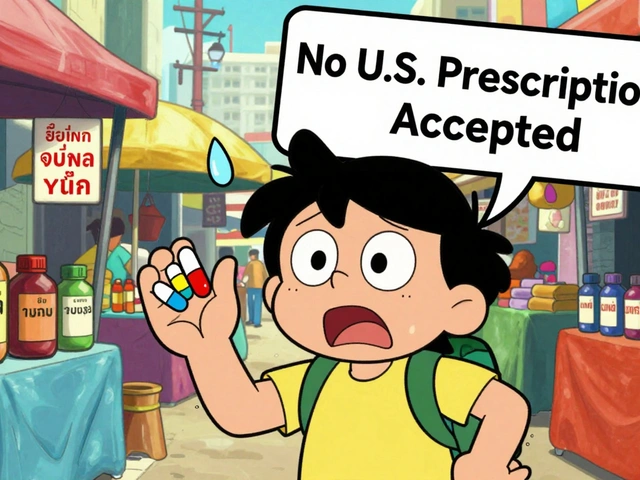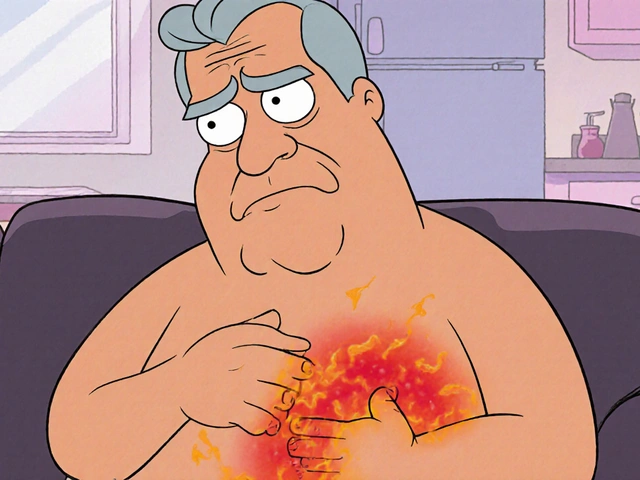Children: Practical Health, Meds, and Safety Tips
Kids get sick, hurt, and ask questions all the time. This tag collects easy-to-use articles about common child health issues, how medicines work for kids, and steps you can take at home to keep them safe. Think of this page as a short, usable guide — not medical advice — to help you act faster and smarter when your child needs care.
Start by checking doses. Many pediatric doses depend on weight, not age. Always use the measuring syringe or cup that comes with the medicine. Never guess by eye or split an adult tablet unless a pharmacist tells you how. If the bottle label is unclear, call your pharmacist — they’ll confirm the right amount.
Fever and pain: acetaminophen and ibuprofen are the two common choices for kids. Use the correct dose for weight and wait the recommended hours between doses. Never give aspirin to children under 18 — it’s linked to Reye’s syndrome. If a fever won’t come down or your child looks unusually sleepy, call your doctor.
Breathing problems need quick attention. If your child has wheeze, persistent cough, or trouble breathing, use their inhaler as prescribed and seek help if symptoms don’t improve. For exercise-induced asthma, simple warm-ups and prescribed preventives can make a big difference. Some kids do better with Levalbuterol; others use standard albuterol. Talk with your clinician about options and techniques for inhaler use.
Antibiotics are not always the answer. Many childhood infections are viral and don’t need antibiotics. If a doctor prescribes one, finish the course and follow guidance on side effects. Avoid using powerful antibiotics like fluoroquinolones in kids unless a specialist recommends them — they have specific risks and are usually reserved for certain serious infections.
Prevention matters: keep up with vaccinations, teach good handwashing, use car seats correctly, and protect skin from strong sun. Small habits reduce a lot of common problems and keep kids in school and out of urgent care.
When to call a doctor
Call now if your child has trouble breathing, blue lips, a very high fever, repeated vomiting or can't keep fluids down, signs of dehydration, severe pain, a seizure, or a rash with fever. If your child is much less responsive than usual or won’t wake, seek emergency care immediately.
Medications — what to watch for
Check for allergies and drug interactions, especially if your child is taking other prescriptions or herbal supplements. Store medicines out of reach and in their original containers. If you see a new rash, swelling, or difficulty breathing after a medicine, stop it and get urgent help. When in doubt, call your pediatrician or local pharmacy — they give quick, practical advice.
Browse the posts under this tag for specific topics like inhalers, alternatives to common drugs, safe supplement choices, and how to handle common infections. Use the Contact page if you need to reach us or want sources for any article. Practical steps, clear dosing, and knowing when to act make caring for children easier and safer.




